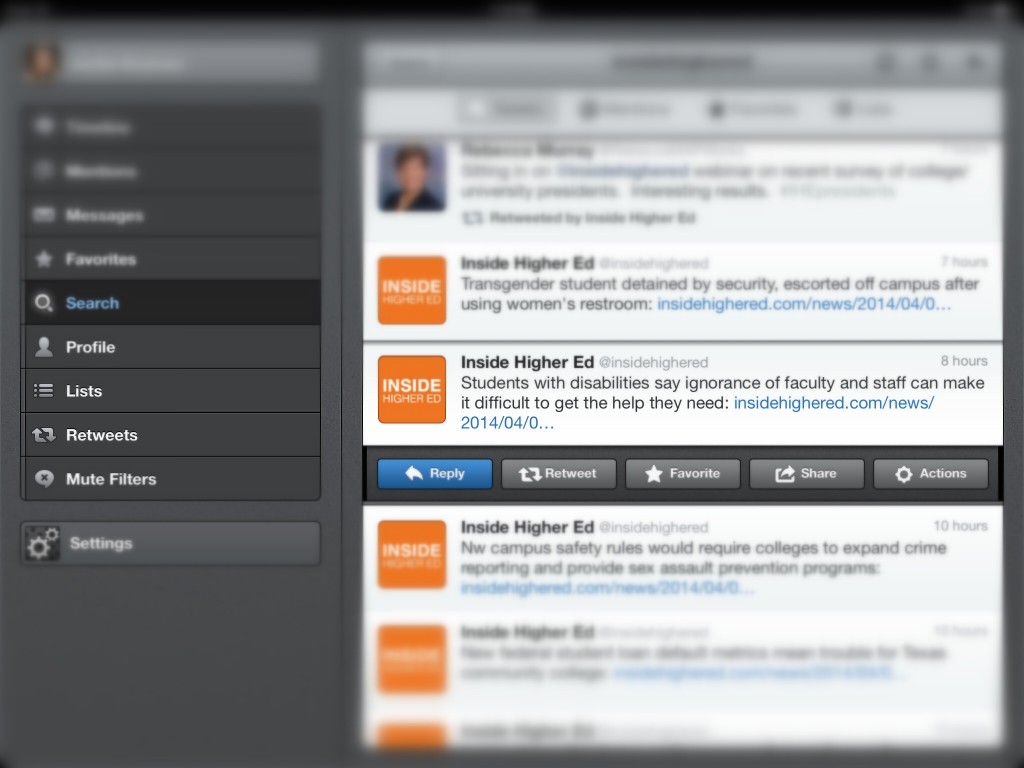Last week I read this Op-Ed piece Arne Duncan wrote for the Washington Post. This morning during my commute, I was delighted to hear the upcoming Diane Rehm Show would focus on education discussion for the first hour of the program, and the guest list included Arne Duncan. The topics included early start of high school, ranking of colleges and their rising cost, early childhood education, and education law.
My comments concerning the discussion are swayed by my firm beliefs regarding a right to education for all and education can benefit all people.
Early Start/Late Start High School
Research has shown starting later gives way to better minds, but where do activities, homework and after school jobs fit into a high school student’s life? Perhaps start later, and offer sports earlier. Jump start minds with some zero hour sports! This is a time to mesh research about exercise and education. Also, the bus debate will always make staggering the start and release times of schools necessary as long as we make busses the priority. I think everyone would benefit from school starting no earlier than 8:30 or 9 am. Being functional at 7 am is a feat for many of us – young, teen and adult.
College Cost and Ranking
The U.S. News and World Report College Rankings are a little swayed. All of the information depends on how the colleges report it. What is that joke about violent criminals and white bread? Statistics can be manufactured to show what is meant to show. For argument’s sake, questions asked to the colleges are potentially interpreted differently by the individuals answering the questions.
The quote about community colleges having a low graduation rate frustrated me for several reasons. First, some people go to community college with intentions of taking a few classes, but not completing a degree. Second, some people attend community college with the intent of transferring to another college to complete their degree. Finally, some people attend community college to test the water to see if they like college. If not, that is not a fault of their own or the community college. We should not be focused on production of graduates, but on providing a service to the community served.
Cost is a very passionate topic of mine. I feel strongly that college is a right and all people should be able to go to college if they so choose. Some people do fine without higher education, but even if their career does not require a higher degree, the student development in college can lead to a well rounded individual in society. There should not be a person willing to attend where cost is the prohibiting factor. No, perhaps not everyone could attend a private school, where costs are also outrageous, but attend some form of higher education regardless of economic class.
Early Childhood Education
Research has shown access to early childhood education can impact the success of students. A point during the show focused on assessment of teachers who are teaching students with and without early childhood education, and how students without early childhood education could negatively impact their evaluations. Perhaps we need to move into a system that looks at growth of a student educationally over the year, instead of the whole population reaching certain standardized test goals.
Perhaps also focus government financial support for children receiving daycare assistance on facilities that provide a meaningful early childhood curriculum.
Education Law and Standardized Testing
At curriculum night for Kari’s school, one of the teachers mentioned the standardized tests were changed this year and the curriculum would be changing slightly to address that change. I remember filling in bubbles after bubbles on standardized tests when I was little. This portion of the school year was dreadfully dull and I imagine so for other children. There has to be another answer besides a standardized test philosophy.
Will we as a society figure this out? I hope so.
